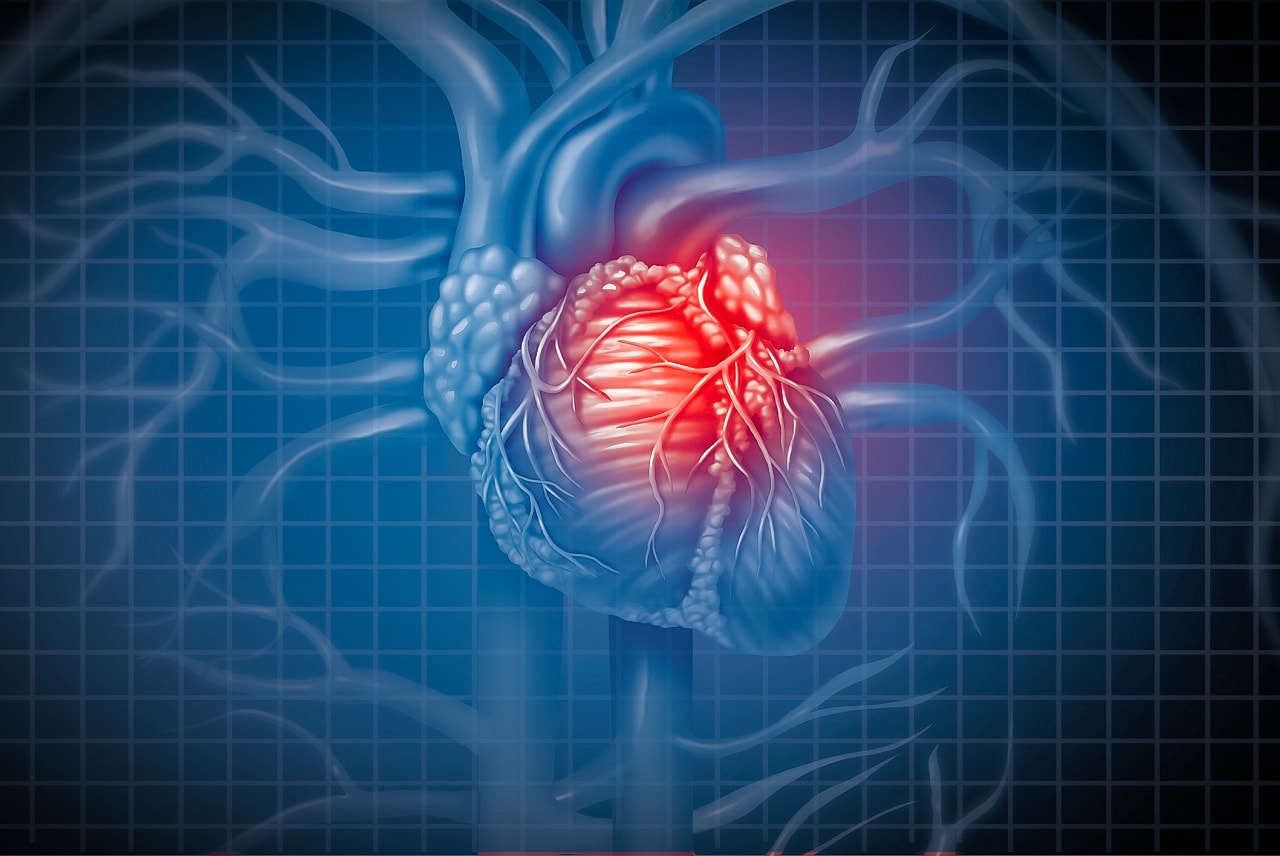Cardiovascular damage caused by cigarette smoke
Many recent studies show that: Toxic substances in cigarette smoke seriously affect health, especially increasing the risk of cardiovascular diseases.
Previous studies have shown that smoking is particularly harmful to the cardiovascular system. Cigarette smoke reduces the amount of oxygen in the blood, causing the heart to work harder to pump blood, leading to shortness of breath and impaired muscle function. Carbon monoxide produced during the combustion of cigarettes is one of the main factors that damage blood vessel walls and increase the risk of cardiovascular disease.

Recently, Danish researchers analyzed data from nearly 3,900 people aged 20 to 99 (average age 56), 43% of whom were women, all with no history of heart disease. These included regular smokers, former smokers, and non-smokers. Participants had to estimate their lifetime tobacco consumption and undergo echocardiography.
After adjusting for many factors (age, body mass index, high blood pressure, diabetes, etc.), the researchers compared the heart measurements of current smokers with those of people who had never smoked. Compared with people who had never smoked, current smokers had thicker, weaker, and heavier hearts.
Current and cumulative cigarette smoking is associated with reduced structure and function of the left ventricle – the most important part of the heart. This means that smokers have a smaller volume of blood in the left ventricle and less energy to pump it to the rest of the body...
Furthermore, over a 10-year period, people who continued to smoke developed hearts that were thicker, heavier, and weaker, and less able to pump blood, compared with people who never smoked and those who quit during that time.
Research shows that the more a person smokes, the more their heart function declines. However, the good news is that when you quit smoking, some heart function can be restored over time. Experts confirm that, regardless of age, even after 50, quitting smoking still brings significant benefits to cardiovascular health.
According to the World Health Organization, tobacco kills more than 8 million people every year. Smoking is responsible for 50% of all avoidable deaths among smokers, with half of these due to atherosclerotic cardiovascular diseases such as heart attacks and strokes.
The harmful effects of smoking on arteries and arterial diseases such as heart attacks and strokes are well documented. Studies have also shown that smoking is linked to a higher risk of heart failure, where the heart muscle fails to pump blood around the body as well as it should because it is too weak or stiff. This means the body does not receive the oxygen and nutrients it needs to function properly./.
